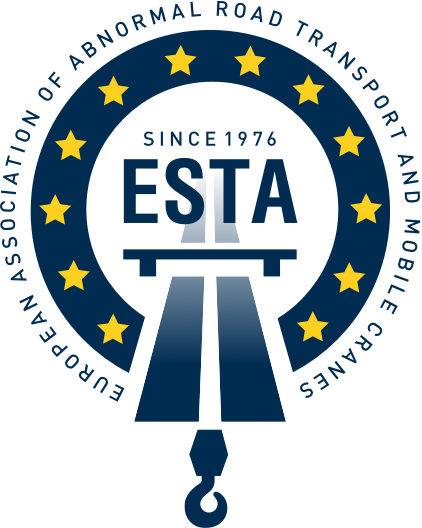Union Française du Levage (UFL) – the French crane association and a founder member of ESTA – is celebrating its 50th anniversary with a special dinner in Paris on March 8.
The dinner, which will follow the organisation’s general assembly held earlier in the day, will take place in the historic Pavillon Dauphine on the edge of the Bois de Boulogne.
Created in 1972, the UFL was formerly known as SNUG (the National Union of Users of Cranes and Assembly and Handling Companies).
It represents the interests of companies in the French lifting sector, bringing together lifting and handling companies along with equipment manufacturers.
Today, UFL represents 80 per cent of the French fleet from small and medium sized businesses to subsidiaries of international groups. Its 73 members employ approximately 10,000 people in France with a turnover of two billion euros.
As well as representing the interest of its members to the relevant authorities, it campaigns to improve mobile crane industry regulations, promote the image of the industry and disseminate best practice.
UFL was a founder member of ESTA in 1976 and in 2016 joined forces with the French umbrella organisation DLR – the National Federation of Distributors, Rental Companies and Repairers of Construction and Handling Equipment – in a move that gave UFL extra resources and influence. UFL is represented on ESTA’s current board by Patricia Crespin.
Eric Stroppiana, UFL President and Technical Director of Groupe Foselev, said: “Our 50th anniversary dinner will be a great evening with the UFL ‘family’. To all our members and friends, we say don’t miss this opportunity to meet your colleagues, your suppliers, and promote our profession.”
ESTA Director Ton Klijn sent congratulations to UFL on behalf of ESTA and the whole European mobile crane and heavy transport industry.
He said: “When appropriate, we look forward to supporting UFL in its valuable work supporting its members in France.
“We also look forward to working with our French colleagues in UFL on Europe-wide issues that affect everyone in our industry – in particular on skills shortage, the need for common regulations and ways to improve safety.”
